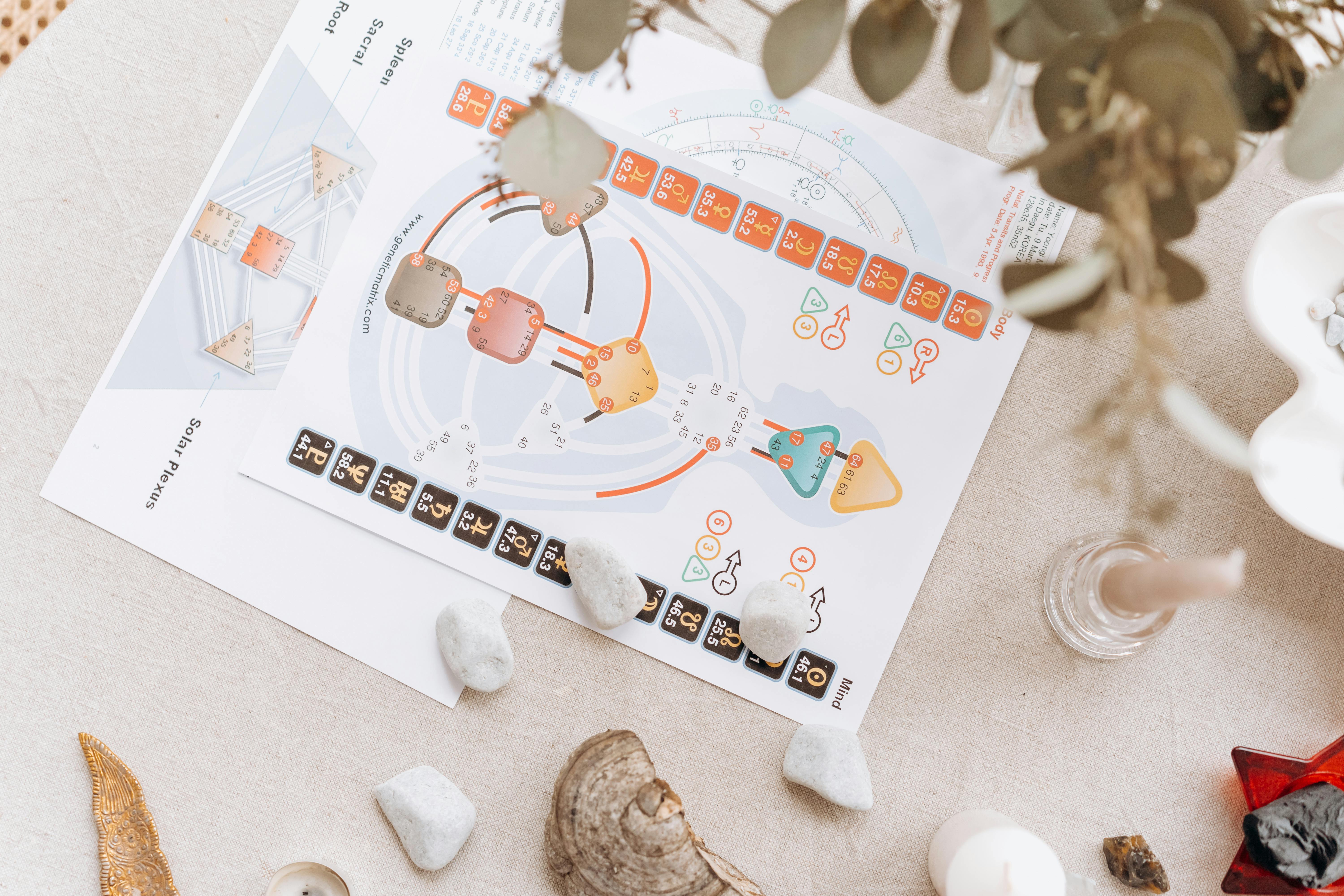
II. Understanding Music Therapy
A. Definition and purpose of music therapy
Music therapy is a powerful therapeutic intervention that utilizes the elements of music to address various emotional, cognitive, and physical needs of individuals. It is a clinical and evidence-based practice that is administered by trained music therapists. The purpose of music therapy is to improve the overall well-being and quality of life of individuals by using music as a medium for communication, self-expression, and emotional processing.

Studies have shown that music has a profound impact on the brain and can stimulate various regions associated with emotions, memory, and creativity. By harnessing the therapeutic properties of music, music therapy aims to enhance emotional awareness, promote relaxation, reduce stress and anxiety, improve communication skills, and facilitate personal growth and development.

B. Different techniques and approaches

Music therapy encompasses a wide range of techniques and approaches that are tailored to meet the specific needs and goals of each individual. Some of the common techniques used in music therapy include directed listening, music relaxation techniques, and utilizing lyrics for emotional processing.

1. Directed listening

Directed listening involves actively engaging with music by focusing on specific elements such as rhythm, melody, or lyrics. This technique helps individuals to develop a deeper connection with the music and allows them to explore and process their emotions in a safe and supportive environment. Directed listening can be particularly effective in helping individuals to express and release emotions that may be difficult to verbalize.
2. Music relaxation techniques
Music relaxation techniques involve using music to induce a state of relaxation and calmness. This can be achieved by selecting music with a slow tempo, gentle melodies, and soothing sounds. The rhythmic patterns in the music can help regulate breathing and heart rate, promoting a sense of relaxation and reducing feelings of stress and anxiety.
3. Using lyrics for emotional processing
Lyrics play a significant role in music therapy as they contain meaningful and relatable content that can evoke emotions and memories. Music therapists often use song lyrics as a tool for emotional processing and exploration. By analyzing and discussing the lyrics, individuals can gain insights into their own experiences and emotions, leading to increased self-awareness and personal growth.
In conclusion, music therapy is a versatile and dynamic field that utilizes various techniques and approaches to address the unique needs of individuals. By harnessing the power of music, music therapists can create a safe and supportive environment for individuals to explore and process their emotions, ultimately leading to improved well-being and personal growth.
The 20 Minute Teacher
Teach A Child To Read In 20 Minutes A Day. Simple, effective reading system for busy parents. Generate up to $100 per sale. Full funnel includes $27 front end $37 order bump and $137 upsell. See affiliate page for promo resources.
Nov 2024 Brand New Destiny Passage Code
Brand new unique destiny manifestation offer that has comes with a super-irresistible offer. Front end converts at 1.5%. An AOV of $68. This product will shower your Clickbank account with an abundance of commissions!
Natural Synergy: Health Product With Epic 75-90% Comms & $1.89 EPCs!
Natural Therapy With Killer VSL & Captivating Hook That Converts Like Crazy For Both Health & PD Niches! Powerful Therapy Based On Acupuncture. HUGE 75-90% Comms On Front & Back End Sales, Plus High Uptake Monthly Recurrings!








